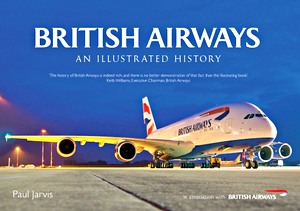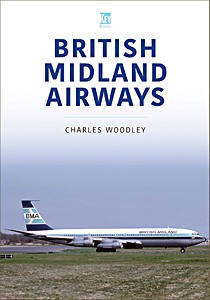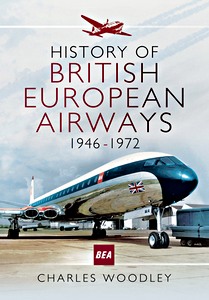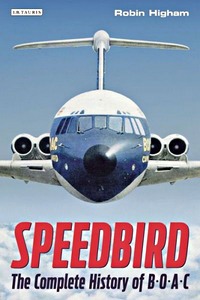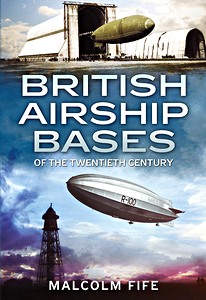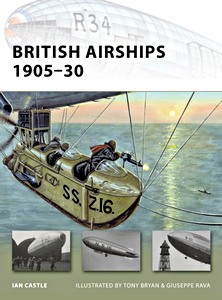Air Atlantique
In 1976 a Jersey-based air taxi operator purchased two elderly Dakota aircraft for cargo charters as Air Atlantique. Thus began the saga of an airline that would eventually operate one of the largest fleets of Dakotas in the world, acquire four-engined vintage propliners, diversify into passenger charters and pleasure flying and oil-spill response work, and take over the lease on its Coventry Airport base.
From here a fleet of historic aircraft sallied forth to participate in air shows around the UK. The impending retirement of the airline's founder Mike Collett brought about changes, but the freight charters and pleasure flying continued until new regulations brought passenger flying in the Dakotas to an end. Undaunted, Air Atlantique went on to open an aviation museum and visitor centre at Coventry.
This is the story of a unique and much-loved British airline, with an array of rare and previously unpublished photographs..
Product details
| Author: | Charles Woodley |
|---|---|
| Details: | 96 pages, 9.25 x 6.5 x 0.31 in (23.5 x 16.5 x 0.8 cm), paperback |
| Illustrations: | 100 b&w and color photos |
| Publisher: | Amberley Publishing (GB, 2021) |
| ISBN: | 9781445693163 |
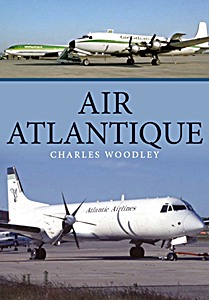
Air Atlantique
Language: English
Available on Amazon - safe payment and fast delivery
Buy on Amazon.comBuy on Amazon UK
Buy on Amazon CA

